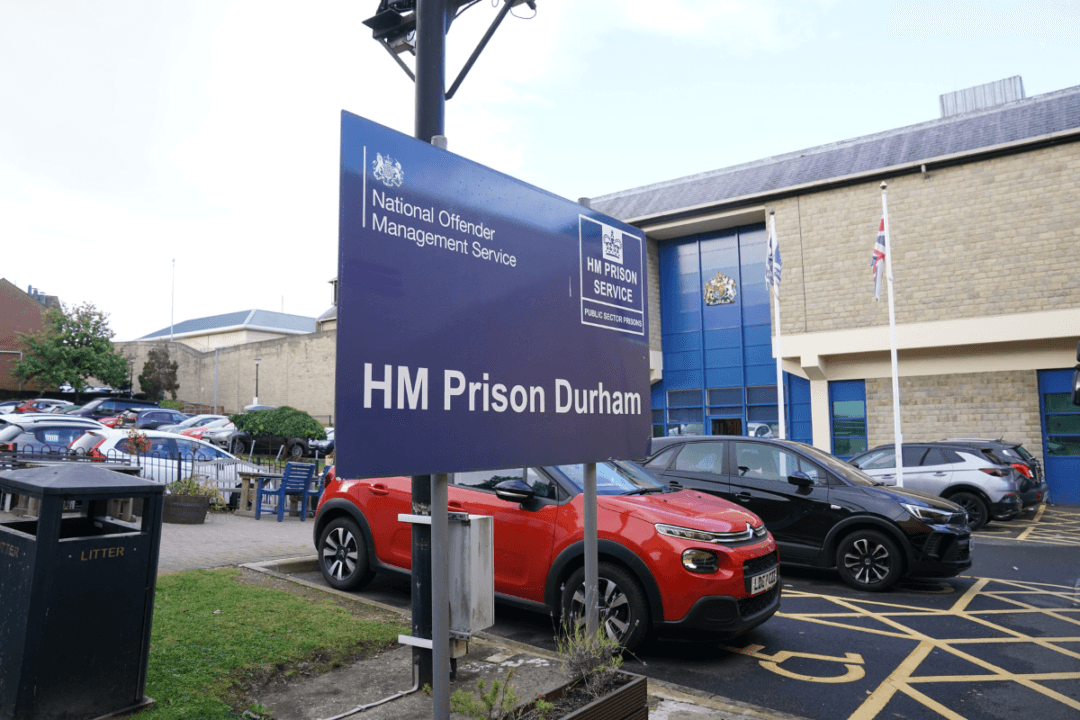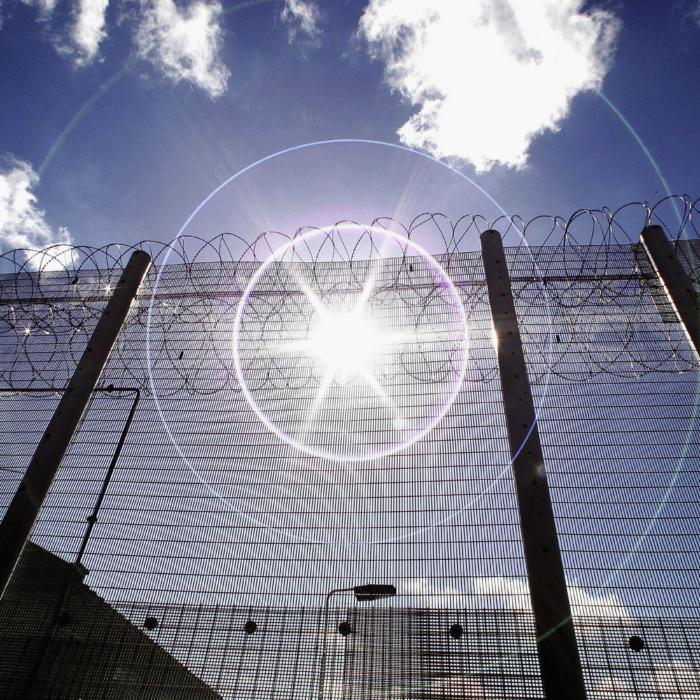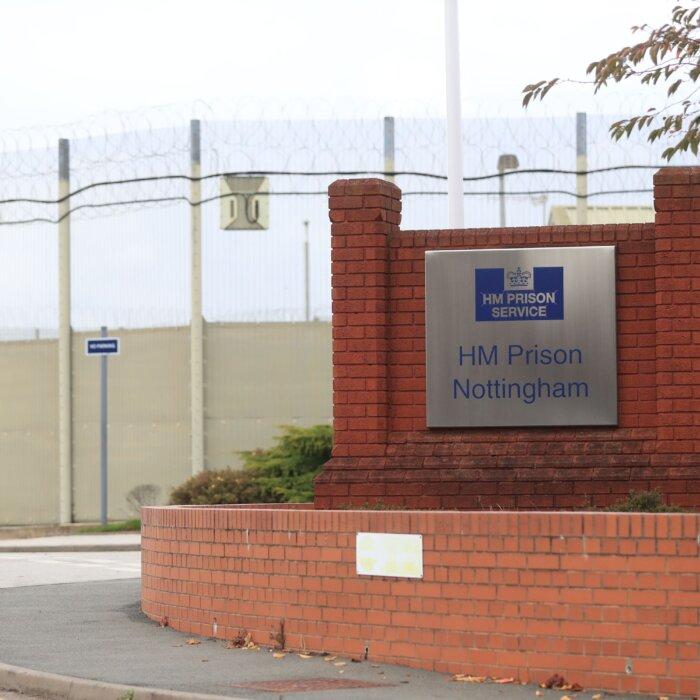It is “inevitable” that some prisoners being released early on Tuesday will reoffend and end up back in custody again, the chief inspector of prisons has said.
Taylor defended the government’s decision, saying it had no choice due to the high number of prisoners. But he added that the number of people being released in one day adds to the possibility of the risk of reoffending “or that they breach their bail conditions, in which case they’ll end up back inside again.”
“It’s inevitable that some of these prisoners will get recalled to custody and it’s inevitable that some of them will go out homeless,“ Taylor said, adding that the hope is prisoners will go out and settle down, ”and the vast majority of them will.”
In July, Justice Secretary Shabana Mahmood announced a plan to cut the proportion of minimum Standard Determinate Sentences from 50 percent to 40 percent—dubbed SDS40—in a bid to tackle prison overcrowding. Last Friday saw prison inmate figures hit another record high, with official figures showing 88,521 people behind bars.
Victims Not Prepared
Taylor said that the short timescale for preparation for prisons and probation services increases the risk of further offences being committed in the future. He said that while staff had worked hard over the summer to put plans in place, there was no getting away from the fact that “this is certainly going to be a risky time for people coming out of prison.”Part of the problem in preparing for this endeavour at such short notice appears to be that some victims were not informed.
On Monday, Victims’ Commissioner Baroness Newlove said: “Clear and timely communication with victims is crucial to building trust and confidence. From the beginning, I sought assurances that all impacted victims would be informed of any early release dates, affording them the opportunity to request protective measures.
“I understand this has not been possible in every case, leaving some victims unaware of their offender’s early release. While I recognise the challenges in reaching certain groups of victims, this is regrettable and must be addressed.”
The government said those convicted of sex offences, terrorism, domestic abuse, and violent crimes would not be freed early under the scheme. But charities have raised concerns that the exemptions to the scheme do not go far enough.
Prison Population to Grow by 27,000
Taylor’s comments came as his report was released predicting the prison population will grow by as much as 27,000 by 2028.The new Labour government has said current overcrowding was caused by the previous government’s failure to build more prisons, and that it aimed to start expanding the prisons estate once it can make changes to planning regulations.
The annual report, covering the findings of 79 reports put together between March 2023 and April 2024, found that many prisons were severely overcrowded, understaffed, and lacked meaningful activities for inmates to prepare them for life and work upon release.
Of the 32 closed prison reports included in the annual analysis, 30 were rated poor or insufficiently good in terms of purposeful activity.
Instead, authors wrote, inspectors found a surge in drug use, violence, and self-harm.
SDS40 is not the only early release scheme to have been devised by government to ease overcrowding in prisons. The End of Custody Supervised Licence was brought in by the Conservatives and saw more than 10,000 prisoners released in England and Wales up to 70 days early between October 2023 and June this year.
Mahmood said the report “lays bare the stark reality in our prisons, and the dire situation we inherited.”
The justice secretary added that SDS40 was a temporary measure, “giving us time to set about long-term change in the prison system—building the prisons we need and driving down reoffending.”







